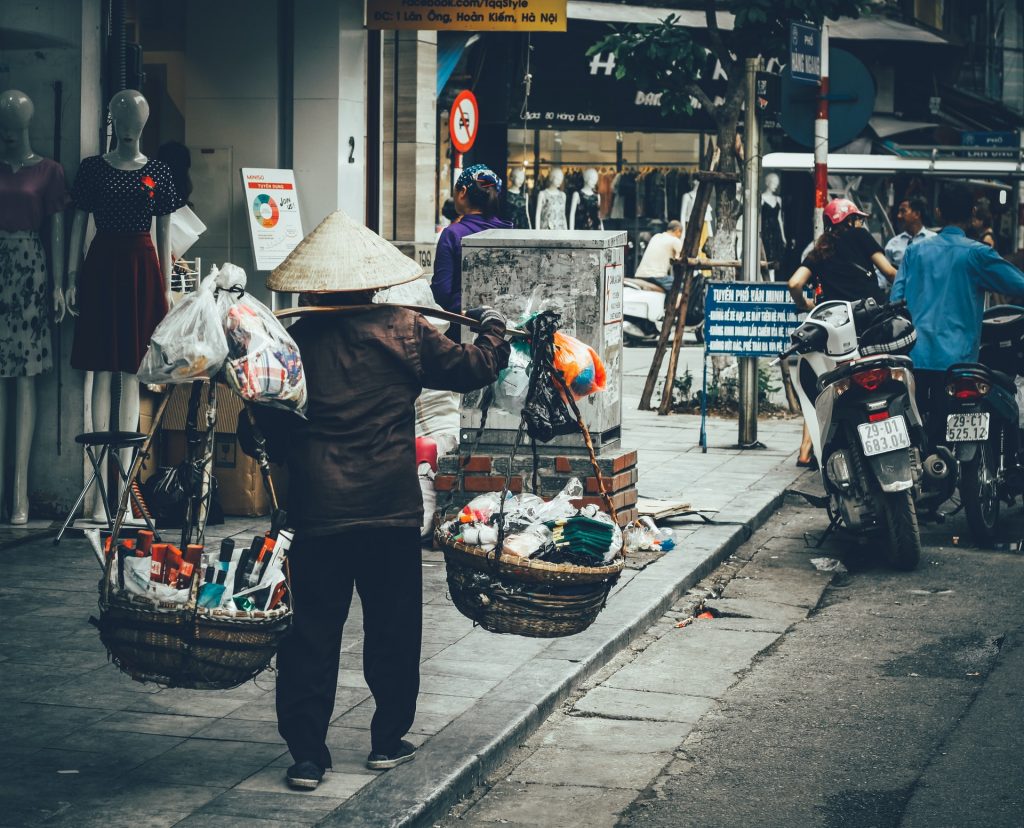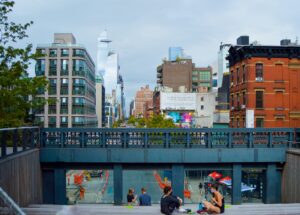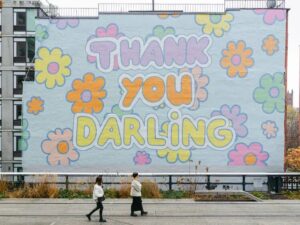Diverse, inclusive activities in public spaces can help cities and their residents thrive — but competing interests and uses can bring challenges. Through a project with Cities Alliance, WIEGO has developed resources for informal workers who need access to public space, and for policymakers who want to build inclusive cities that work.
Public space is a public good for all city residents to access and enjoy, whether it is for leisure, transportation or earning a livelihood. However, competing uses of public space cause conflict, and often it is the most vulnerable users, informal workers, who are excluded. WIEGO believes regulated public spaces offer possibilities for diverse uses to co-exist, ultimately making cities more vibrant and inclusive.
The Public Space for All project launched in 2018 to help city officials, informal workers and other stakeholders realize the potential of inclusive public spaces. The project, carried out in partnership with the Cities Alliance Joint Work Programme (JWP) on Equitable Economic Growth in Cities, involved a series of public consultations in WIEGO’s Focal Cities.
Resources on Inclusive Management of Public Space
These resources are designed to inform city governments, informal worker organizations and support organizations (including Cities Alliance members) about inclusive management and regulation of public space. The cases presented are drawn from the experience and knowledge of the WIEGO Network and its member organizations of informal workers, and other members of Cities Alliance.
Access full resources on WIEGO
Recommended by Luisa Bravo











More Stories
A stealthy reimagining of urban public space by Elizabeth Diller
Security by Design: Protection of public spaces from terrorist attacks
A Blueprint for Public Realm Leadership